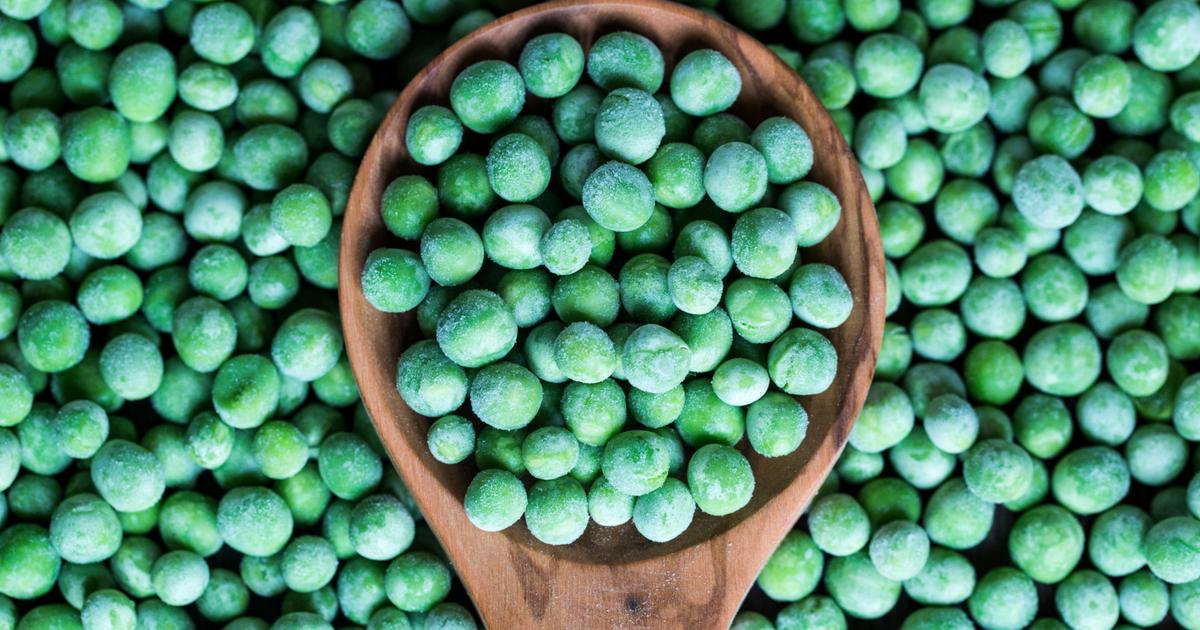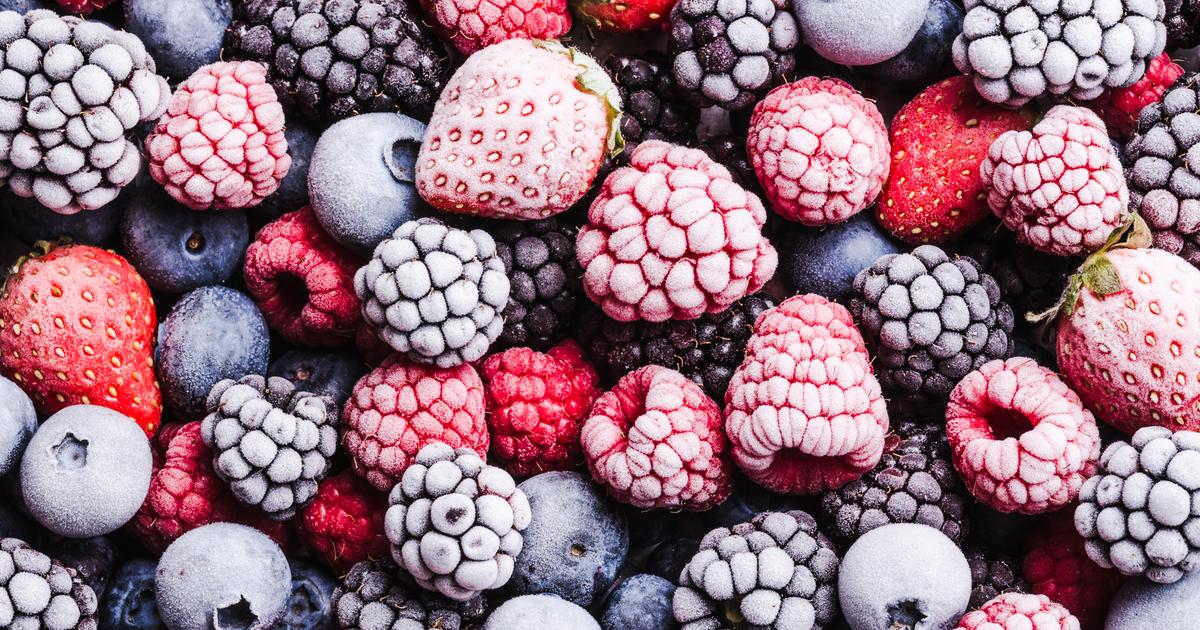On the one hand, there are the garden owners, who are delighted to go and pick their basket of fresh vegetables and fruit, to then cook them with the dexterity of Hélène Darroze or Cyril Lignac.
On the other, those who get their supplies from supermarket shelves or a greengrocer.
And then there are the foresighted, in the event of acute flemingitis, whose freezer is filled with frozen vegetables, and cupboards with various preserves.
But are these plant doses nutritionally acceptable?
Which version to opt for when looking for a balanced and vitaminized menu?
Two nutrition specialists help us see things more clearly.
Read alsoAre canned vegetables really worse than fresh?
In video, to have a healthy brain, here is the diet to follow
Less destructive cold
To decide between frozen green beans and canned ones, everything will depend on the industrial processing of the freshly picked vegetable.
In practice, frozen vegetables are first lightly blanched before being processed in a cold room.
"The purpose of this operation is to inactivate the endogenous enzymes which degrade the flavor, texture and color of food during storage", specifies Catherine Renard, deputy head of the Transform Department at the National Research Institute for Agriculture, food and the environment (Inrae).
Read alsoHow to cook your vegetables to keep all the benefits?
For its part, canning follows a similar process, but the vegetable undergoes a stronger heat treatment to be sterilized, before being immersed in a liquid generally composed of water and salt.
Everything is sealed in an airtight container.
In reality, this packaging further destructures the nutritional composition of the finished product, says the Inrae researcher.
“A lot of the soluble vitamins will get diluted in this mix.
However, this liquid is generally evacuated when it is drained and when the vegetables taken out of the can are rinsed, ”she specifies.
Canning liquid too often contains excess salt or sugar
Catherine Renard, Deputy Head of the Transform Department at Inrae
Sweet preserves to banish
The canned version has another downside: the addition of extra ingredients to the processed vegetables.
“Preserving liquid for canning too often contains excess salt or sugar.
This is the case for preparations such as ratatouille but also for raw products, such as peas or peeled tomatoes, ”says dietitian nutritionist Alexandra Murcier.
This is why the professional invites you to carefully check the content of these ingredients on the label of salted preserves.
Their sweet versions, on the other hand, are to be avoided.
“Cooking fruits beforehand and adding sugar syrup to their preservation liquid doubles the sugar concentration of the product.
It's too much”, summarizes Catherine Renard of Inrae.
Read alsoFor your own good, stop drinking fruit juice
Vary the pleasures
However, frozen vegetables aren't always flawless.
Some vegetable varieties cannot be frozen because this transformation alters their texture.
“Take the tomato for example, once frozen, it can become watery and pasty when cooked,” comments researcher Catherine Renard.
Match result?
Whether they come out of a tin, a freezer bag or whether they are cooked or raw, experts insist: no version should be demonized.
And as proof, canned food can even help people prone to digestive disorders.
"Pre-cooked vegetables contain more soluble fiber and less insoluble fiber, which facilitates their digestion and contributes to the good health of the microbiota", emphasizes Catherine Renard.
The two specialists invite more broadly to vary the forms of vegetables consumed on a daily basis, and to diversify the diet as much as possible.
Finally, no need to beat yourself up because you don't eat fresh vegetables.
Frozen and canned foods are just as nutritious as the vegetables sold on the market stalls, recalls Catherine Renard.
“After being picked at maturity, frozen and canned vegetables are generally processed within half a day of harvesting, while fresh vegetables can wait several days before ending up on a stall and then on the plate.
This can lead to a greater degradation of certain nutrients and vitamins, in particular C and B9”, specifies the researcher.
And in addition to offering fair nutritional value, frozen and canned vegetables are above all two simple, economical and waste-free ways to put green on the plate.










